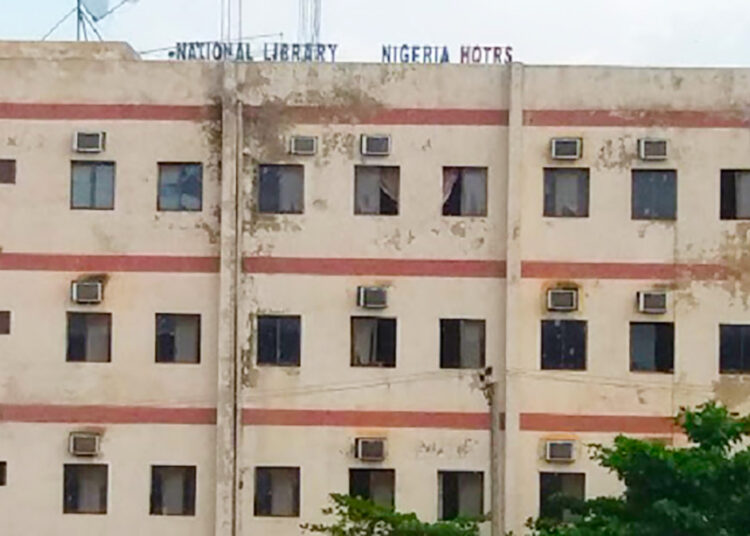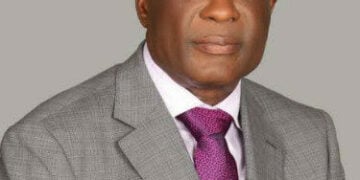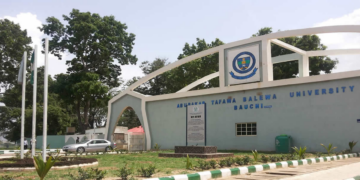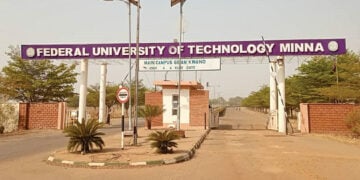National Library of Nigeria (NLN) has unveiled the “Map of Nigerian Languages” as part of its activities to promote and preserve indigenous languages in the country.
The unveiling was done yesterday in Abuja at the country’s apex library’s annual event held every February 21 in commemoration of the UNESCO’s International Mother Tongue Day.
The map details in each state the languages spoken therein. Perhaps, the most conspicuous observation is the fact that there are more languages being spoken in states in northern Nigeria than just Hausa; in addition to the fact that in some south-eastern states, like Ebonyi they speak two other languages besides Igbo language.
At the event held in collaboration with Kairos Tablets and Scrolls, the national librarian, Professor Veronica Anunobi said the presentation of the map, aids not just the preservation of indigenous languages but ensures intergenerational learning – the transfer of local languages to the next generation, in line with the UNESCO objective and 2024 theme: “Multicultural Education Is A Pillar of Intergenerational Learning.”
Collated by the staff members of the National Library, Anunobi said, the map is not complete owing to a few challenges, such as the fact that some of the library’s staff are not necessarily indigenes of the states of collation, and thus couldn’t get the names and phonology of the languages right, in addition to their inability to capture some languages in the states.
“We are calling on the public to contact us to make their input on the map for further correction before we print and forward it to UNESCO,” she said.
The apex library via its state branches is collating digital presentation of Nigerian languages via digital technology.
“We are telling every community in states where our branches are located to tell stories about their languages, even make songs or jingles about their languages, and then store that record in the National Library’s depository, thereby ensuring the written and oral transfer of our indigenous languages.
“I advise parents same as I do my children, wherever you are, speak your indigenous language to your children. It is impactful. If you converse with your children in indigenous languages right from the womb, it not only helps them to learn ‘other topics’ better, but to also learn their indigenous culture and tradition.
“This impact we have seen during our annual National Reading Campaign where we have encouraged pupils to read in indigenous languages, which has got the children excited and interested in learning more about it from their parents at home,” she said.
Kairos Tablets and Scrolls representative, Mr Kabura Zakama, whose organisation held a Storytelling Languages Competitions for Nigerian students in the FCT, underlined imperialism, as one of the major ‘killers’ of indigenous languages.
Imperialism, he said, imposes another culture and language on other people, creating amongst the conquered the mentality that “speaking English is good, whereas speaking indigenous language is bad.”
He noted that whilst western imperialism may not have had much socio-cultural impact on northern Nigerian like in the southern parts, language-wise, it has impacted the north via the ‘Imperialization of Hausa Language on the north’. This has led to resurgence of languages of the northern regions.





